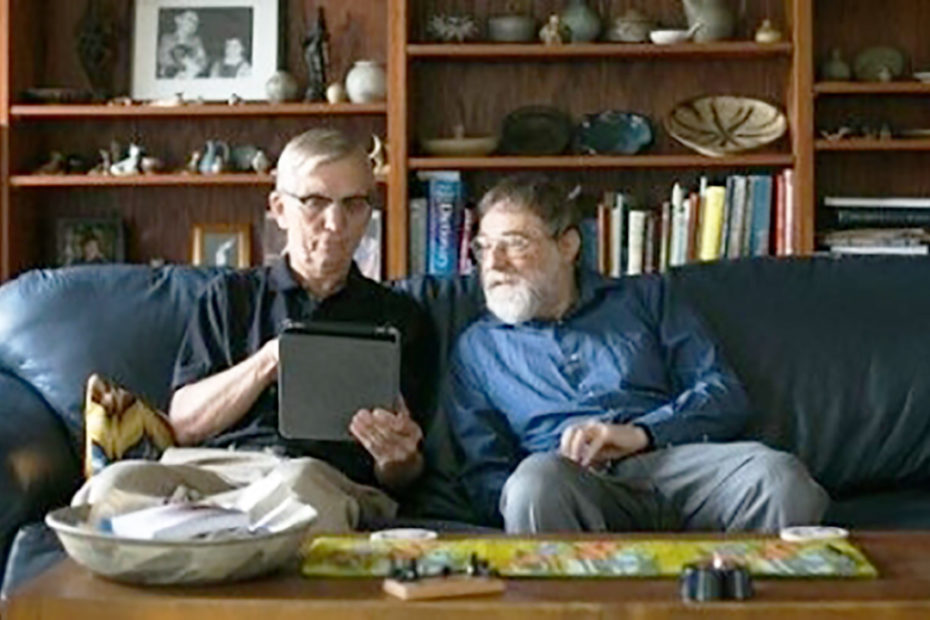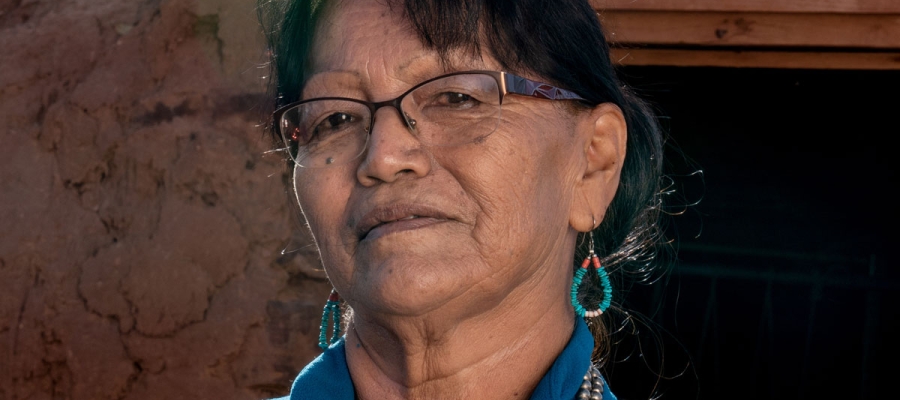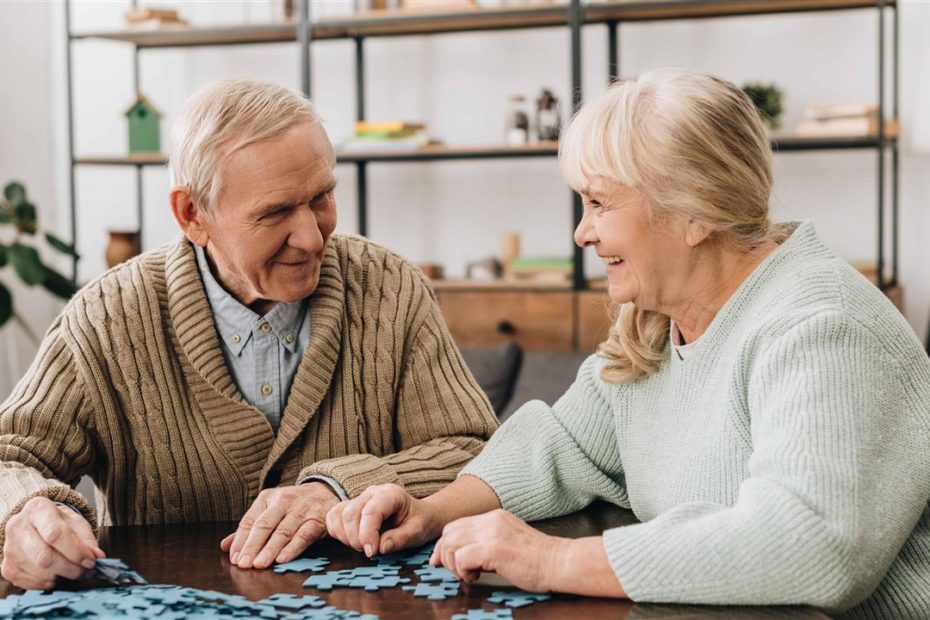Head Trauma and Dementia Among Veterans
TBI (traumatic brain injury) appears to result in a higher risk of Alzheimer’s disease. Athletes, military personnel, and the elderly, among others, are susceptible to TBI and, therefore, may be at higher risk of Alzheimer’s.






